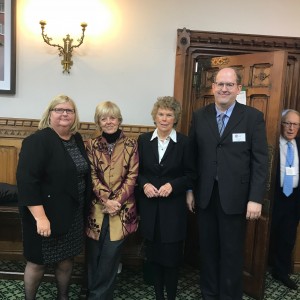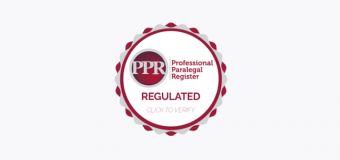The Professional Paralegal Register warmly invites you to attend this inaugural Paralegal Conference, designed to benefit all Paralegals regardless of whether you are self-employed private practitioners; employed in company legal departments; local authorities; law practices; the courts or any other type of business. The conference will also benefit law students, legal secretaries and those seeking to find out about a new career in the law.
This 2016 event will cover a range of Paralegal topics that will allow you to receive the most current information within the Paralegal sector and to enable you to think more strategically about the future.
Paralegals are now the fourth arm of the legal profession and quite rightly take their place as professionals in their own right.
We are delighted to announce that our speakers include Steve Green, Chair Office for Legal Complaints; Derek Wood QC, Elisabeth Davies, Chair Legal Services Board Consumer Panel; Espe Fuentes, Head of Legal, Which?Legal; Chris White, Founder Aspiring Solicitors and more to be announced.
There are opportunities to obtain CPD through attending two workshops from a choice of sessions covering skills, business development, updates in law and practice; Paralegal Practising Certificates and PPR compliance.
Come and join the fastest growing arm of the legal profession and meet other Paralegals to network and share good practice.
The conference, including a sit down lunch is just £30.00 for PPR members and £50 for non-members.







